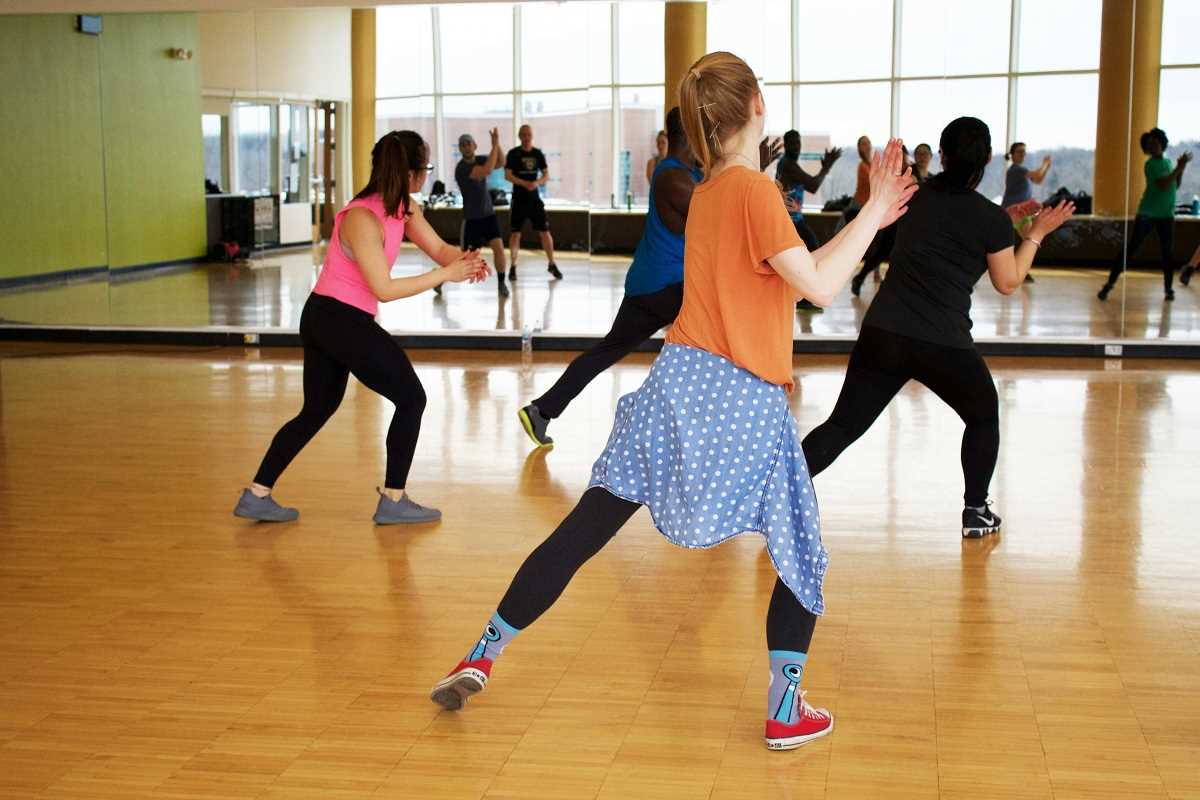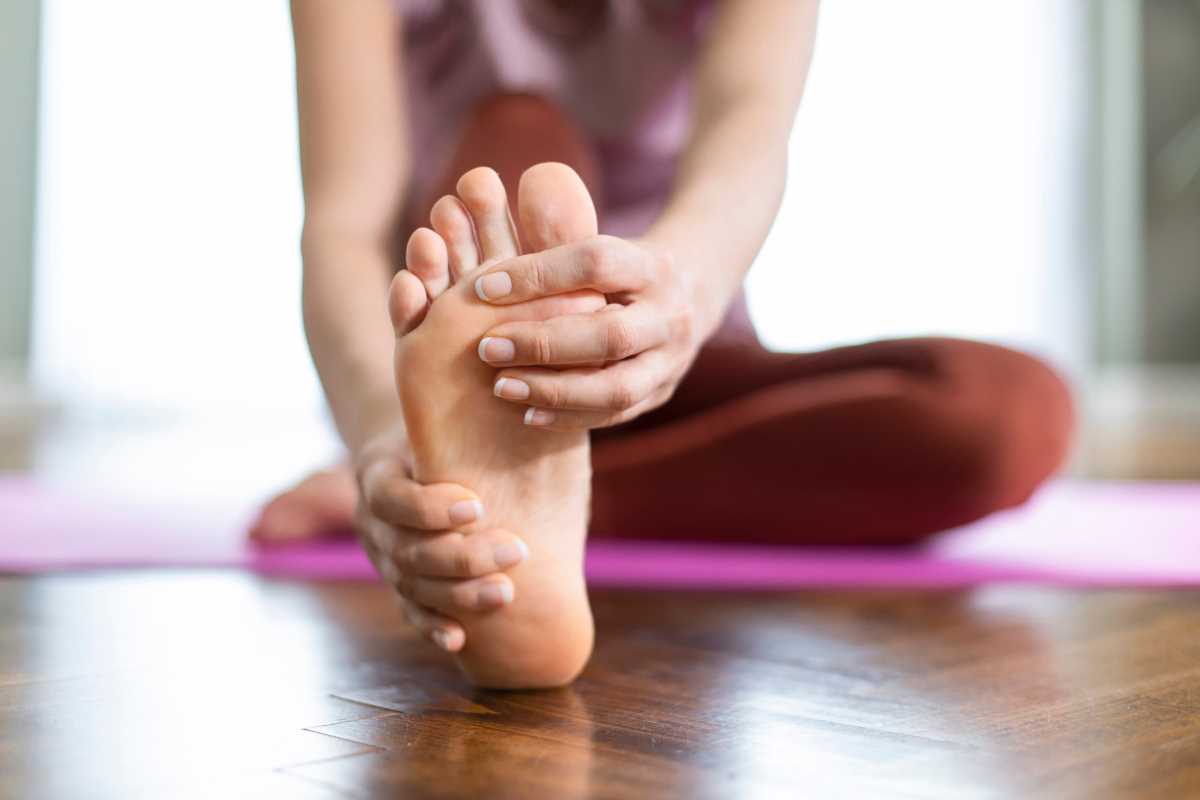Anxiety can feel like an endless loop of tension and worry, but what if the solution was as simple as moving to the beat of your favorite song? Enter Zumba—a workout where dance meets joy and mental health gets a boost. This dynamic and energetic fitness activity offers more than just physical benefits; it’s a powerful tool to calm the mind and lift the spirit. Through its electrifying music, playful choreography, and empowering group atmosphere, Zumba turns fitness into therapy, helping participants break free from the grip of stress and anxiety. Whether you’re a seasoned dancer or someone just finding their rhythm, Zumba promises a liberating way to move, breathe, and find peace—all while having a great time.
The Rise of Zumba: A Fitness Phenomenon
Zumba burst onto the fitness scene in the 1990s, created by Colombian dancer and choreographer Alberto "Beto" Pérez. What started as a fun way to stay active quickly evolved into a worldwide phenomenon, captivating millions with its unique blend of dance moves and aerobic exercise. Today, Zumba classes are held in gyms, community centers, and even virtual platforms, making it accessible to people of all ages and fitness levels.
The popularity of Zumba can be attributed to its infectious energy and inclusive nature. Unlike traditional workout routines that may feel monotonous or intimidating, Zumba's lively music and dynamic choreography create an enjoyable and motivating environment. This positive atmosphere encourages participants to push their limits while having a great time, turning exercise from a chore into a celebration of movement.
Zumba and Anxiety: The Connection
Anxiety is a common mental health challenge that affects millions worldwide, often leading to feelings of overwhelm and distress. Physical exercise has long been recognized as a beneficial tool in managing anxiety, and Zumba offers a unique approach to this therapeutic activity. The rhythmic movements and upbeat music of Zumba engage both the body and mind, providing a holistic experience that can significantly reduce anxiety levels.
When you participate in a Zumba session, your body releases endorphins, the "feel-good" hormones that naturally elevate mood and relieve stress. The structured yet fluid movements of Zumba help to distract the mind from anxious thoughts, allowing individuals to focus on the present moment and the joy of dancing. This combination of physical exertion and mental engagement makes Zumba a powerful ally in the fight against anxiety.
Scientific Evidence Supporting Zumba's Benefits
Research has increasingly supported the idea that Zumba can be an effective tool for improving mental health. Studies have shown that regular participation in Zumba classes can lead to significant reductions in anxiety and depression symptoms. One notable study highlighted the magic of Zumba in boosting cognitive function and emotional well-being.
The physical activity involved in Zumba enhances cardiovascular health and stimulates brain activity, promoting the growth of new neural connections. This neuroplasticity is crucial for improving mood regulation and reducing anxiety. Furthermore, the social aspect of Zumba—dancing with others in a group setting—provides a sense of community and support, which is essential for mental health resilience.
Key Benefits of Zumba for Mental Health
- Stress Reduction: The vigorous dance moves help release tension and lower cortisol levels, the hormone associated with stress.
- Improved Mood: The release of endorphins during Zumba sessions enhances overall mood and combats feelings of depression.
- Enhanced Cognitive Function: Learning and following dance routines stimulates brain activity, improving memory and concentration.
- Social Connection: Participating in group classes fosters a sense of community and reduces feelings of loneliness.
- Boosted Self-Esteem: Achieving fitness goals and mastering new dance steps can significantly enhance self-confidence.
How to Incorporate Zumba into Your Routine
- Find a Class: Start by locating a local Zumba class that fits your schedule. Many gyms and community centers offer sessions for various skill levels.
- Set Goals: Determine what you want to achieve with Zumba, whether it's reducing anxiety, improving fitness, or meeting new people.
- Commit to Regular Attendance: Consistency is key. Aim to attend classes at least twice a week to experience the most benefits.
- Listen to Your Body: Pay attention to how your body feels during and after classes. Adjust the intensity as needed to prevent injury and ensure enjoyment.
- Combine with Other Activities: Enhance your mental health routine by pairing Zumba with other wellness practices like meditation or healthy eating.
Embracing Zumba as part of your fitness regimen can be a transformative step toward better mental health. The vibrant energy and communal spirit of Zumba offer a unique and effective way to manage anxiety and enhance overall well-being. Whether you're an experienced dancer or a complete novice, Zumba provides an inclusive and enjoyable environment where you can thrive both physically and mentally. So why not give it a try? Step onto the dance floor and let the rhythm guide you to a happier, healthier you.
 (Image via
(Image via





